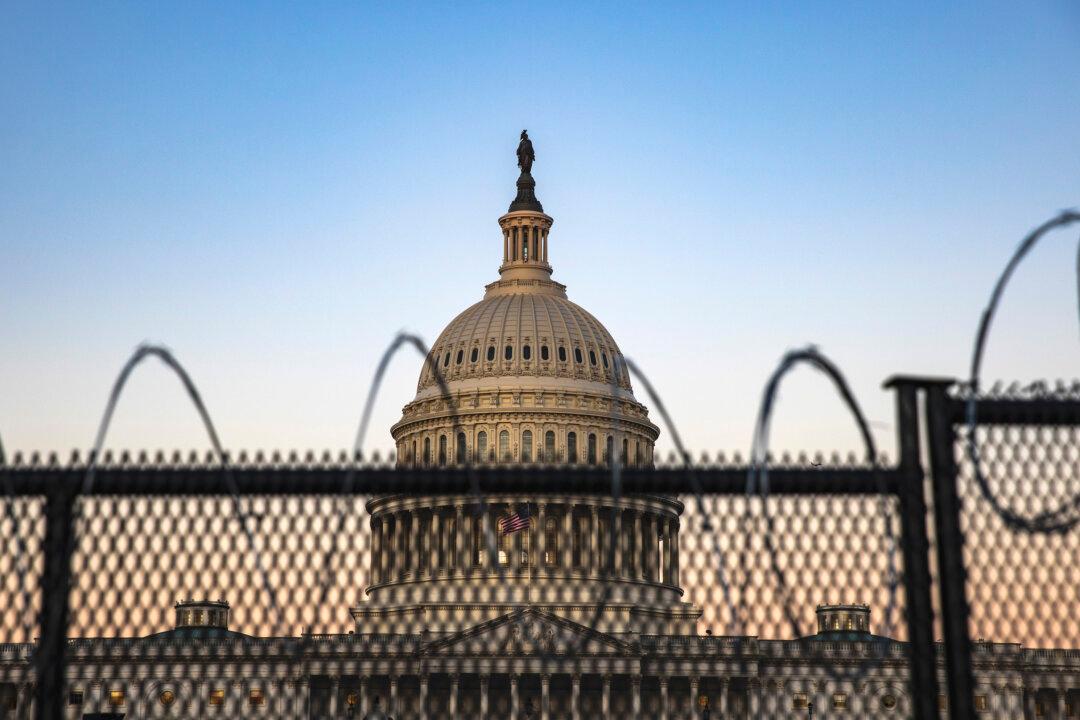A new internal security program will have an “absolutely chilling effect” on the ability of constituents to petition their representatives, and whistleblowers with vital information to share with Congress, according to Rep. Kelly Armstrong.
“It turns out that knowing who everyone is, and where they are at, has a security benefit. But, my question is, at what costs,” the North Dakota Republican told The Epoch Times in an interview on Feb. 2.





